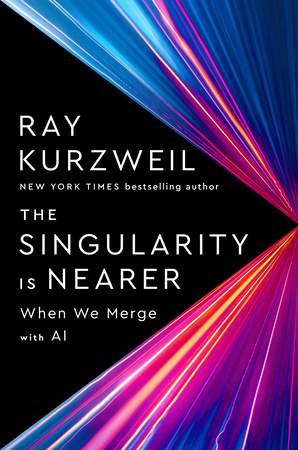The interior of a computer chip is much more clean and stable than brain tissue, so all that parallelism won’t be necessary. This will allow for more efficient computation, so it’s plausible that a mind could be simulated with even fewer than 1014 operations per second. But because it remains unclear how much parallelism brains have, I use this larger estimate to be conservative. Theoretically, then, a perfectly efficient one-liter nanologic computer would provide the equivalent of about 10,000 times 10 billion human beings (or about 100 trillion human beings) in terms of brain capability. To
...more
Welcome back. Just a moment while we sign you in to your Goodreads account.


